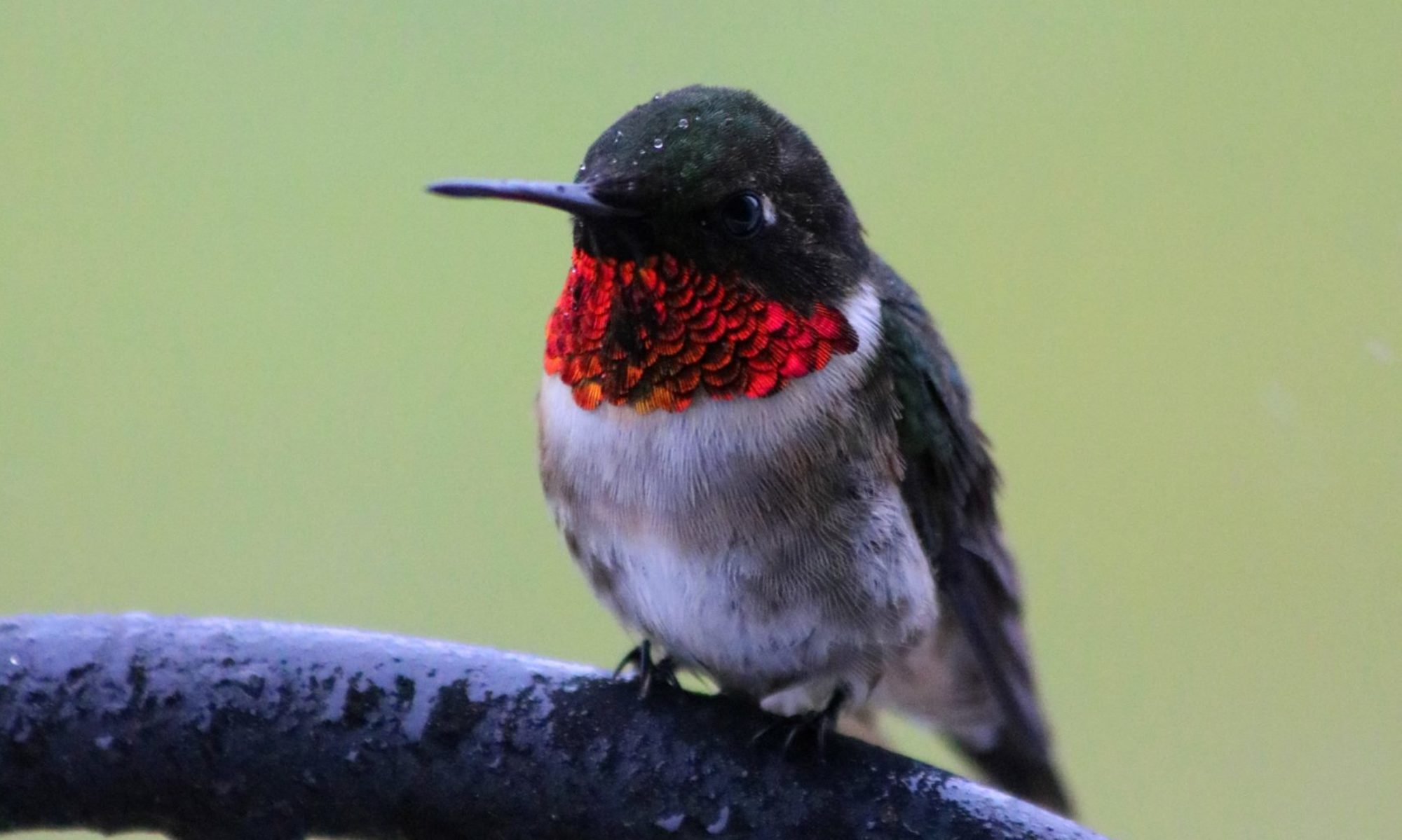Mackenzie Dick
Romany people do not collect things. It is not this old blanket that I need to keep, I tell myself as I sit and debate, examining the worn and tattered flowers on the fabric. It is not any of these possessions I’ve so professionally stuffed in every shelf and cupboard of my house. It is neither that old blanket, the train set, the boxes and boxes and boxes of decorations in my garage, the paintings, the tea set on my shelf, or the old dishes. None of these things can be what I need right now.
I sit, leaning over a box marked in fat black marker “donate”. I ponder that word, what it means to me. What it used to mean to her. She used to tell me that when I had extra I should build a longer table, not a taller wall. I debate with myself which of these I am doing now. Am I building a longer table by donating these things, these meaningless things, or am I building a wall; protecting myself from the pain now associated with all of these things? Walling the things out of my mind. Forgetting these things. No, not the things, the memories, I remind myself.
Those cold mornings in the fall and winter that I spent wrapped in this blanket that she gave me on the floor of my mother’s bathroom, soaking up the heat from her shower, because we could not afford to heat the whole house. She always knew how to help without interfering too much, a skill I have not inherited with my family yet. The train set that never made it out of the box for her classroom, but had to be used in mine.The one thing we had in common, our one shared passion. Our one similarity, the reminder that I may one day be as good a woman as she was. The decorations I helped put up that last christmas before my grandfather died. That cold afternoon spent arguing with my short temper and what I swore was the worst tree stand and the sharpest ornament hooks on planet earth. Her comment that they did things better in the 50’s. The ones that she decided I should take after that with the note on the ornament box from her mother, the last time we were all happy in that house. The half done paintings that hang everywhere, the ones my family said to toss. The ones where time stands still and the work is forever unfinished, the artist’s hand forever stilled. The tea set from her mother, the story she told about her mother’s only selfish act. Another reminder of another great woman I would be lucky to take after. The midnight cereal dates with these bowls with my grandfather when neither of us could sleep. When we would meet in the dim farmhouse kitchen, trying so hard not to hit the windchime that hung from the kitchen lantern so as not to wake her. The kindness in his gesture when he’d give the leftover milk to the cats. That lantern that isn’t there now. Neither are the windchimes. Nor the cats. I remind myself that that place doesn’t exist anymore, but it does. Like her, it’s not gone yet, just not the same place now. Cancer is nasty like that.
All of these things that don’t offer me comfort right now that my mother says eventually will. I sit and debate putting each thing in that box, closing them off from my mind entirely, and wonder if my mother’s “eventually” is the same one that was said when these paintings were put away; that “eventually” never came. Decisions, like this box, plague my mind now. Am I putting these things in the box out of anger that she didn’t make these choices herself? That she left such a mess in my home and my family without actually leaving at all? Am I angry that she didn’t leave yet or that she is leaving at all? Maybe those questions belong in the box instead of these useless things. Maybe that’s how I’m meant to build a longer table for her.
